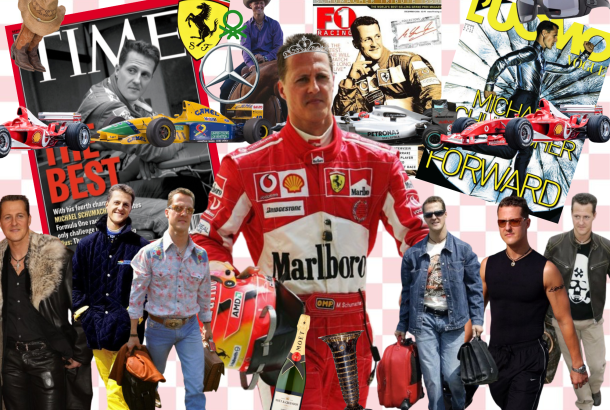‘Are footballers really the most manly men?’
What is most apparent about John Amaechi on first meeting is his great height. It is hard to imagine how the towering 6 foot 10 former NBA basketball player, who now works as a psychologist and political activist, could be apprehensive about ‘coming out’ in the sporting world, despite the industry being so riddled with taboos. Amaechi emerges in full basketball attire and welcomes me into his office at the Amaechi Basketball Centre in Manchester, a non profit organisation which he helped to set up in order to provide basketball activities to all ages.
Homophobia in professional sport is an issue which is constantly receiving media attention, so it seems relevant to speak to a man who has had firsthand experience of being a gay professional sportsman. Since revealing his sexuality in his 2007 memoir ‘Man in the Middle’, following his retirement, Amaechi has become a role model for homosexuals in the sporting world.
Although openly gay to his friends, family and teammates, the thought of going public with his sexuality remained a daunting prospect.
Amaechi isn’t alone is his reluctance to publicly identify himself as gay. Over the past few decades there have only been a few examples of gay athletes, particularly where football is concerned. Justin Fashanu, who in 1998 tragically committed suicide, remains the only publicly gay football player in Premier League history. With estimates of dozens more gay players, it begs the question: why are footballers so reluctant to ‘come out’?
‘There are very few work places where you can get away with homophobic abuse and not get fired. Whereas football is one of the few places where it seems like it is standard.’
It is, then, down to the support of the governing bodies. Openly gay athletes such as ex Welsh rugby captain Gareth Thomas and English cricketer Stephan Davies have benefitted from the support of the Welsh Rugby Union and the ECB. But many journalists have expressed the view that, at least where football is concerned, Fashanu, the first gay footballer in Premier League, will remain the last.
The FA has been accused of doing the bare minimum when it comes to tackling the issue of homophobia in football. ‘They’re very good at rhetoric and posters, there needs to be a genuine feeling that they want to make a change,’ Amaechi says. ‘They’re doing the bare minimum that they can get away with.’
‘It is an issue of performance, if what you’re trying to do is create teams where everyone on your team no matter their religion, colour, race can play their very best you, need to create an atmosphere that allows that to happen. A homophobic atmosphere is not one.’
On February 2nd the FA announced that all their Premier League clubs had signed up to the Government’s Charter for Action against Homophobia, in an effort to tackle the problem within sport. But just how effective can a piece of paper be in solving the age-old issue of homophobia?
‘There shouldn’t need to be a charter, that’s just how you should behave towards people,’ Amaechi says.
And does the introduction of a charter only increase the difficulty in finding a solution to the problem of homophobia by adopting a hierarchical approach to bigotry? It is the wrong approach, according to Amaechi.
‘The FA has been hacking away at the same head of a monster, with little success.’
‘You have to tackle all the problems at once, whether it’s racism, sexism, anti-Semitism or homophobia’.
In February the FA launched a new initiative called Opening Doors and Joining In, which aims to promote the adoption of a ‘So what?’ attitude in regard to homosexuality in football.
But while there is doubt surrounding the sincerity of the initiative, it is only through campaigns such as this, which consciously address the issue of homophobia, that any solution to the problem can be found.
‘It’s far more likely if the League and the Association look like they’re serious about making the environment better. If they do that, then yes, they’ll get players that come out. And yes, most teammates will think it’s no big deal.’
English publicist Max Clifford, who is said to have represented two gay Premier League football stars in the last five years, has warned major footballers against ‘coming out’. The issue, then, is not just the fans and the threat of homophobic abuse screamed from the stands, but how being homosexual affects the market value of a sportsperson.
‘The main worry is what it is going to be like every other day in practice. Is your coach going to look down his nose? You have to worry about whether you’ll get another contract.’ Amaechi says.
The benefits of these recent initiatives by the FA are yet to be seen.
Will any footballers be following in the footsteps of Justin Fashanu any time soon? ‘Soon?’ He says with a raised eyebrow. ‘I don’t know about soon.’ But sitting in his office at the Amaechi Basketball Centre, surrounded by young basketball players who will perhaps one day follow in his footsteps, it is hard to be pessimistic about the tolerance of homophobia in sport.







